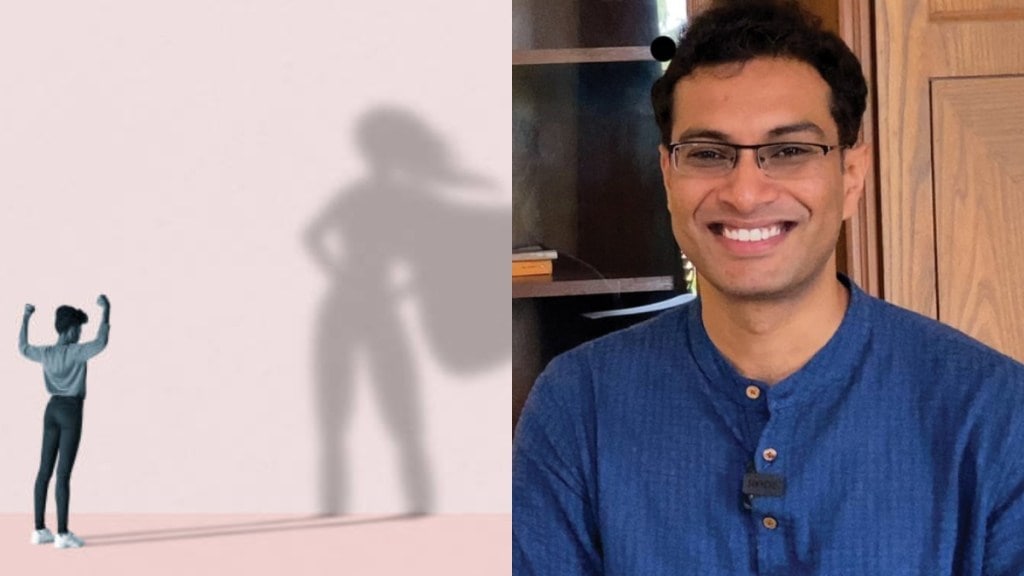Confidence is often seen as an inborn quality—something you either have or don’t. However, for Akshat Shrivastava, Founder of Wisdom Hatch and a prominent finfluencer who shares financial insights on social media, it was a skill he had to develop over time. In a recent LinkedIn post, he candidly shared his transformation from self-doubt to self-assurance, offering valuable insights for anyone grappling with confidence issues.
“I had serious confidence issues. Ask me to get up on a stage: I would tremble,” he stated in his post.
The struggle: A fear of speaking up
From an early age, he faced severe confidence issues. The idea of standing on a stage made him tremble and being singled out in class by a teacher would make him stutter. He was an introvert, overwhelmed by the mere thought of social interaction. Attempts to fix the issue through self-help books only led to frustration—advice like “stand tall” or “speak slowly” felt generic and impractical.
Watching naturally confident individuals around him only made things worse, reinforcing the idea that confidence was something he simply lacked. His default reaction was resignation: “Maybe I was just made this way.” And for a while, he accepted it.
The wake-up call: Opportunities slipping away
Reality hit when he started noticing the impact of his under-confidence on his career. Promotions were slow, manager reviews were lukewarm—not because of a lack of competence, but because his lack of confidence held him back. It became clear that something had to change.
The shift: Building confidence through mastery
Rather than forcing himself into the mold of a stereotypically confident person, he took a different approach—he leaned into his strengths. He was good at teaching, so he doubled down on it. He started a GMAT tutoring business, taught English at an NGO, and shared financial knowledge with his colleagues.
This shift changed everything. Teaching was where he felt comfortable and in control and as he kept refining his skill, his confidence grew—not in a broad, superficial way, but in a focused, deeply rooted manner.
The breakthrough: YouTube and perception vs. reality
Then came YouTube. Sharing insights on finance and investing, he gradually built an audience. People started perceiving him as a highly confident individual. But the truth? He still wasn’t naturally confident in every situation. Chit-chat for 15 minutes? A nightmare. But talking about finance, macroeconomics and global investing for five hours straight? That, he could do without breaking a sweat.
His realisation was simple but powerful: confidence isn’t a general state—it’s specific to what you know and what you excel at.
The lesson from his journey is profound. Confidence isn’t about being comfortable in every situation. It’s about finding your zone of expertise and owning it. Instead of asking, “Am I confident?” ask, “What am I confident about? I focused on 1 good skill I had. And, build that overtime,” he stated.
For those struggling with confidence, his story is a reminder: You don’t need to change who you are. You just need to find what you’re great at and build on it. Confidence will follow.


